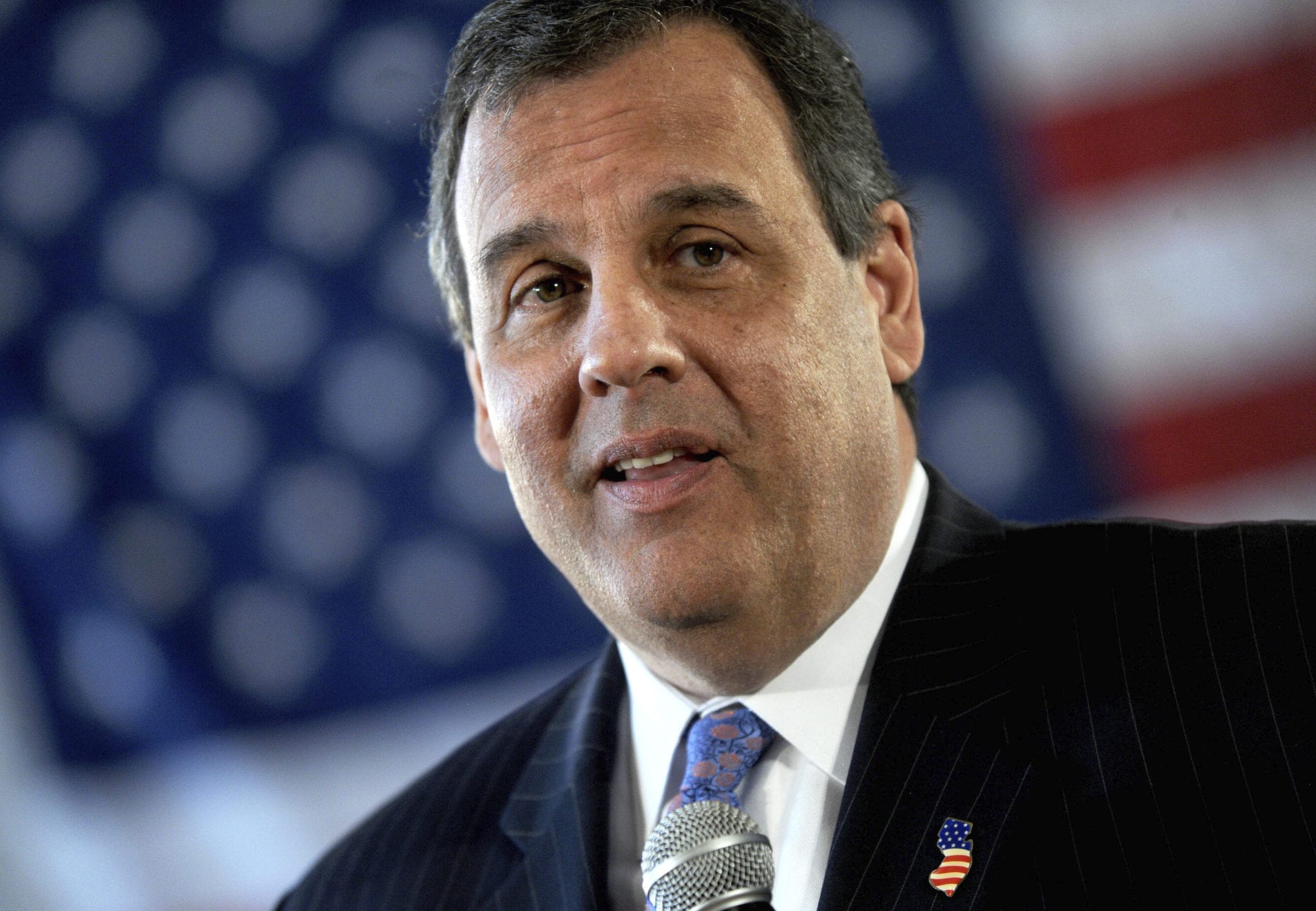
Covid-19 roundup: Can AbbVie’s disappointing NASH drug cenicriviroc find success fighting cytokine storms?; Trump ally Chris Christie says he received Lilly's antibody cocktail
After getting passed down the line to AbbVie through a couple of biotech buyouts, the pharma giant is now in line to see if their drug cenicriviroc can score a success in the global war against Covid-19.
The NIH has selected this drug — which has proven underwhelming as a NASH-targeted therapy — as one of 3 it will test in a new adaptive study dubbed ACTIV-1 Immune Modulators, which is looking for new ways to fight off the cytokine storms that kill some patients.
Unlock this article instantly by becoming a free subscriber.
You’ll get access to free articles each month, plus you can customize what newsletters get delivered to your inbox each week, including breaking news.